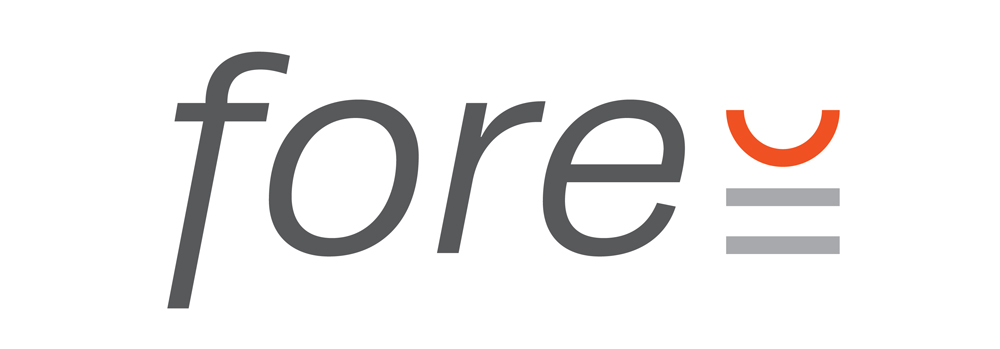Q. Is our firm’s proposal win rate above or below average? What should our win rate percent be? And what is the average CPA-firm win rate across the profession?
A. It’s helpful to know your proposal win rate(s) but you needn’t worry about comparing outside of your firm. Why? Firm overall proposal win rates don’t compare apples to apples.
There are far too many variables for firm-to-firm comparisons to be meaningful. Heck, even within the same firm, comparisons don’t always make sense.
I’ll show you why. Let’s walk through some of the factors that drive proposal success. Then I’ll explain how to isolate and compare win rates in more relevant and useful ways.
5 Big Factors for Fair Comparison
So many factors affect proposal success. Below are five of the most impactful situations that help or hurt your chance at success. Even one of these can create a huge swing in results.
Calculating win rates is not much different from evaluating survey results. You need an adequate sample size but you also need to consider underlying characteristics in the data pool. A badly designed survey will taint results. So, too, will to broad of a question.
To compare win rates in the most useful way, first group proposals by the factors, below. Comparing proposals with similar characteristics will provide useful information and baseline benchmarks against which to improve.
Pick a couple categories, sort your proposals, then tally your win rates between each “OR” scenario separately to see what I mean:
- History – you are the incumbent / past provider OR you are not.
- Specialist – you are the recognized leader (#1 or #2 position) serving that buyer’s industry OR you are not.
- Bid situation – it’s a formal RFP response OR a personally requested proposal.
- Sales-skill level – your sale is led by a seasoned rainmaker OR someone less experienced.
- Delivery – you deliver a written quote live, in real-time OR you submit or email the quote without a live walk-through.
Relevance Wins Over Price
Did you notice price wasn’t in that list?
Despite popular opinion, price is not the main reason for a loss. Well, UNLESS someone is price shopping, probably to leverage other proposals with their incumbent. That’s a game we usually sense from the get go. They refuse to open up with you. They just want a document with a number and they “need it right away.”
The number one factor for winning a proposal is relevance.
A relevant proposal is one that strikes a personal chord with the individual people you’re selling to. You achieve this best with human interaction. Pay close attention to what people say during initial discovery, or over time if you have an existing relationship. You’ll reflect what they said in your quote.
It’s darn near impossible to check the “relevance” box if you don’t have a conversation (or three) before proposing. I’ll talk about this and the sub-optimal “bid situation” below.
More Factors that Influence a Win
In addition to the 5 factors above, here are a handful of other things to consider when you evaluate your wins and losses:
- Is there a personal relationship?
- Is the prospect a referral? Is the referrer their peer or a vendor? (the peer recommendation usually carries more weight!)
- How focused is the proposal on the prospect (customer-centric) versus focused on the firm (we-to-you ratio)?
- Did you demonstrate you really understood the prospect’s unique situation and needs? Or was the proposal generic?
- Was the proposal for someone in a newly entered vertical market or a well established one?
- Was the proposal professional-looking, user friendly, and free from typos and other signs of sloppiness?
- If answering an RFP, did you have any personal contact before submitting? What type and quality?
- Is the worth proposition (or ROI) evident and articulated clearly?
- Did the person presenting the proposal do a great job of demonstrating competence, care, and trustworthiness?
Any of these can improve your outcome. The number of variables in any given proposal is why a CPA-industry comparison does not provide useful information.
The best benchmark is to measure the firm against itself now and later. Within the firm, compare each industry niche or vertical market to itself. Within the niche, slice and dice by the factors above to see what approaches prove most effective for you.
A Word on the Bid Situation
The RFP (Request For Proposal) bid situation is a variable over which you may have little control depending on the sectors you serve. Vertical markets like non-profit organizations, governments, and a few others who regularly go out to bid require formal proposals in response to RFPs they issue.
Few allow private meetings pre-bid where you can learn important details about the organization. Some will hold public pre-bid meetings where all interested bidders show up to ask questions openly in the group where all present hear every question and answer. This presumably keeps the playing field “equal.”
Without a personal meeting where you can get to know someone, learn about the organization and hear what they are experiencing you cannot personalize their proposal. Relevance suffers. Win rates will never be very high. I’d estimate 15-20% at best unless you’re THE vertical market leader in that space.
More and more firms are walking away from the blind RFP altogether. I don’t blame them. I’ve declined to participate, too. After all, who wants to work for someone who won’t even talk with you first? I’ll happily let my competitors take those clients on.


Recent Comments